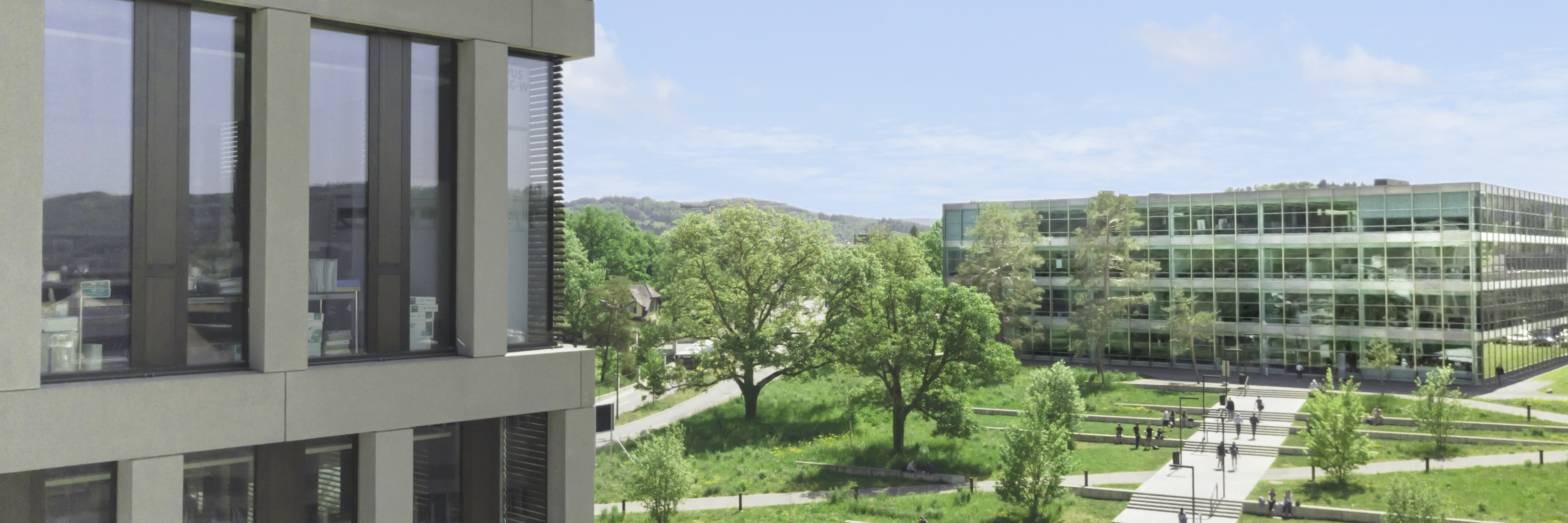Asimute: Intelligent self-consumption and storage for better use of energy
ASIMUTE aims to develop innovative solutions for improved and safe energy use and storage by involving end users.
Vehicle-2-Home, electromobility, photovoltaics, storage
The project carried out as part of the INTERREG V Upper Rhine programme (Smart Meter Inclusif 2019-2022), in which the FHNW was also involved, has made it possible to develop a new intelligent tool to support the proactive management of energy expenditure by end users. The multidisciplinary ASIMUTE project builds on this and aims to use the knowledge gained about the individual consumption of appliances to increase self-consumption and make better use of the storage options already available.
The general objective of the ASIMUTE project is to find solutions for optimised and secure energy use and storage by involving end users throughout the project The project partners will use artificial intelligence and surveys among consumers, energy suppliers and stakeholders in the Upper Rhine region. The project is intended to be unifying and multidisciplinary, as it will cover aspects from both a technical and a social science perspective. The legal feasibility in the tri-national context as well as the acceptance by end users in the different cultural contexts of the three countries will be analysed.
The Swiss consortium has set itself the goal of developing a free online software tool for dimensioning and analysing bidirectional Vehicle-2-Home (V2H) systems.
Project information
Client | |
Execution | FHNW School of Engineering |
Project team | Switzerland: Fachhochschule Nordwestschweiz (FHNW), Solextron (associated), Primeo Energie (associated) France: Université de Haute-Alsace (UHA) (consortium management), CNRS Délégation AlsaceAlter Alsace Energies, EDF, Hager Electro Sas, TRION-climate, Tuba Mulhouse, Voltec Solar Germany: Albert-Ludwigs-Universität Freiburg, Hochschule Furtwangen (HFU), Rheinland-Pfälzische Technische Universität Kaiserslautern-Landau (RPTU), Karlsruhe Institute of Technology (KIT), Hochschule Offenburg, Badenova NETZE GmbH, Pfalzwerke Netz |
Duration | 09/2023 to 08/2026 |
Funding | |
Project lead |
